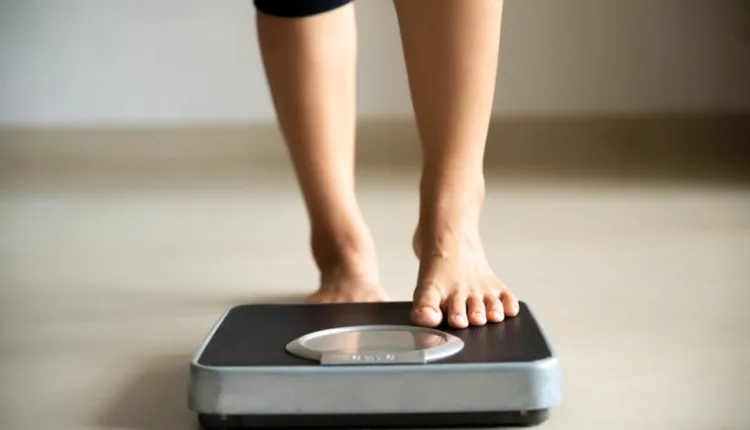
Unlock Optimal Results with Strategic Weight Check Timing
Optimizing Your Health Monitoring: How to Weigh Yourself Correctly
Whether you’re monitoring your health or working on weight loss, knowing the correct method of weighing yourself can greatly enhance the precision of your results. A reliable scale is a crucial tool in this process, but remember, the results depend significantly on how and when you use it.
Understanding Your Weight Measurement
Before stepping on the scale, understand that the displayed number isn’t the ultimate measure of your health. If you have a positive approach to weighing yourself, the number can be an important tool that provides you with valuable insight into your progress toward your health goals.
Best Time to Weigh Yourself for Accurate Results
Remember, there are certain times of the day when you’re likely to get the most accurate results after you step on the scale. Here are some tips to ensure accuracy.
Health Tips Beyond the Scale
If you’re looking for additional health-related advice, consider learning how to incorporate more fruits and veggies into your diet and why increasing your carb intake can be beneficial.
Your Morning Weigh-In
To get the most accurate reading from your scale, it’s best to weigh yourself in the morning, following restroom use and before eating breakfast or drinking water. Experts suggest that morning weigh-ins give the most accurate results as your body would have digested everything from the previous day, leaving your stomach relatively empty.
Ensuring Accurate Scale Readings
Aside from weighing yourself at the right time, there are other factors to consider for accurate scale readings, which are particularly important for tracking weight changes.
- Weigh yourself once a week at the same time.
- Place your scale on a flat, solid surface.
- Stand barefoot and evenly distribute your weight on the scale.
- Weigh yourself with little to no clothing for consistency and accuracy.
Knowing When to Take a Break from the Scale
Keep in mind, if weighing yourself is causing negative impacts on your mental health, it might be time to take a break. Consider taking a step back from the scale if you experience:
- Negative thoughts or unhealthy habits triggered by weighing yourself
- Regular feelings of anxiety or sadness after weighing yourself
- An eating disorder, whether you’re developing one, recovering from one, or previously had one
—
Read More Health & Wellness News; US Lifestyle News
